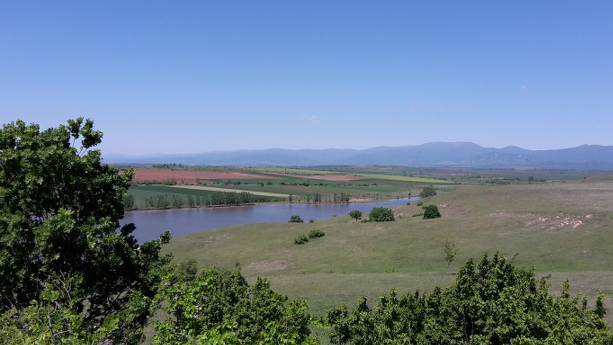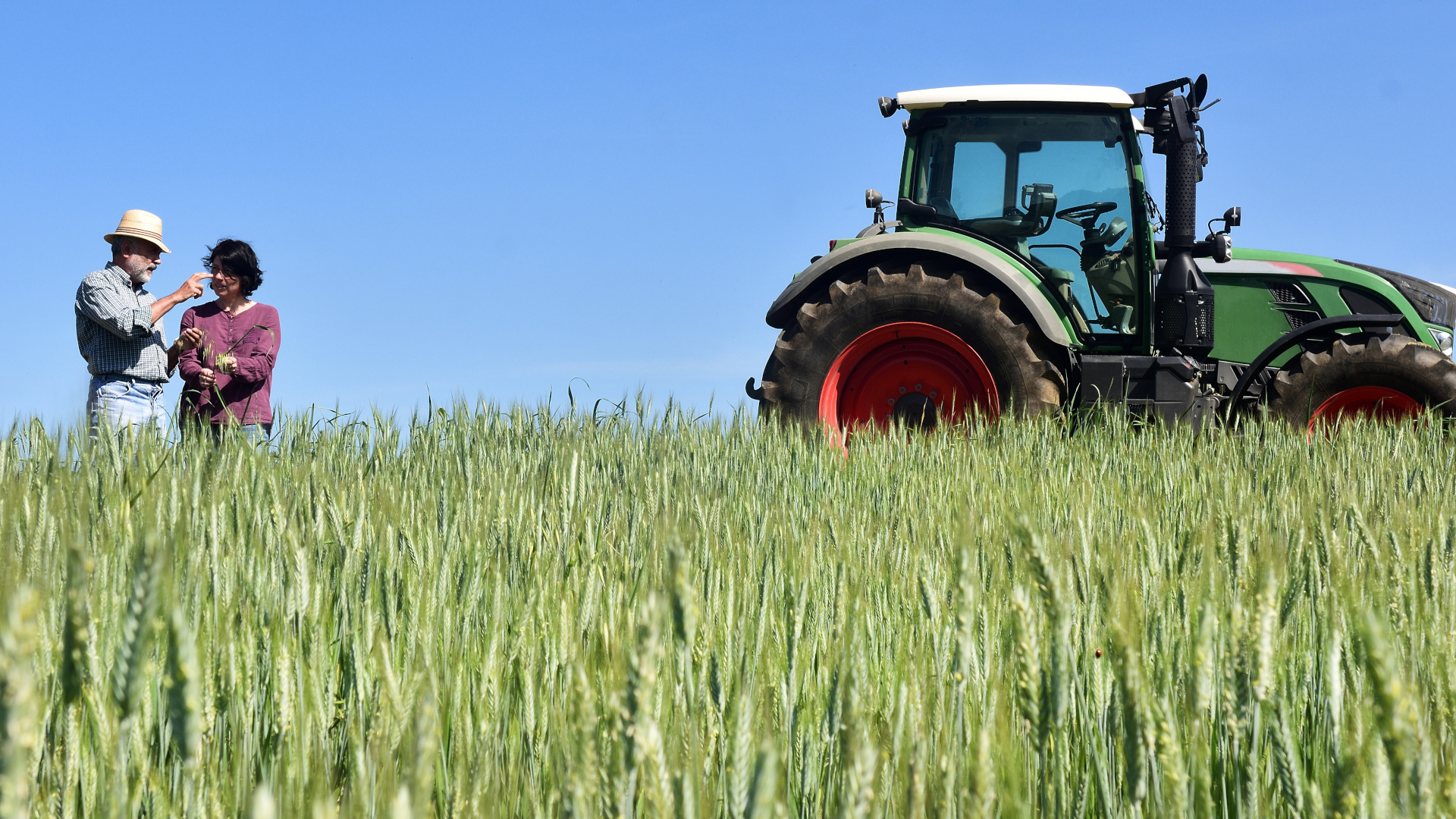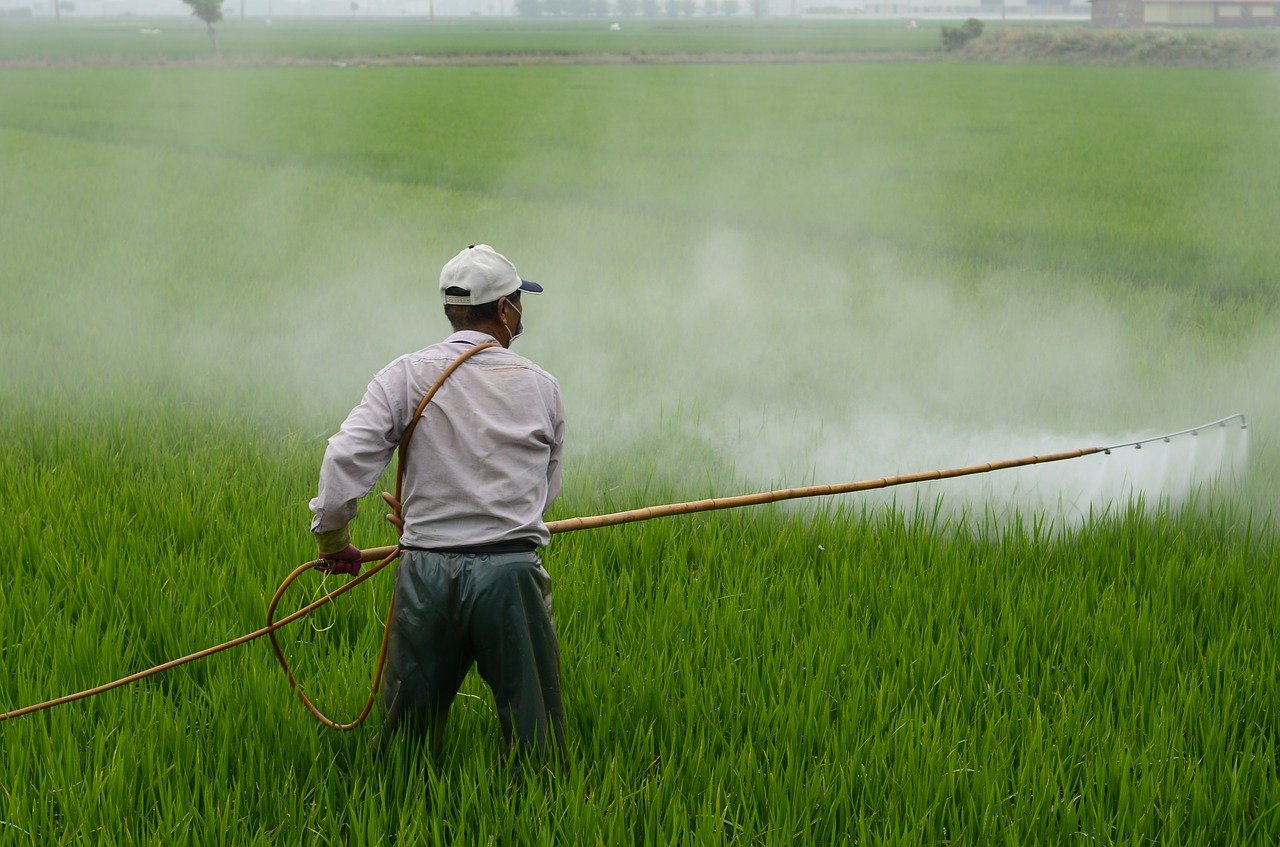EU-funded research collaboration for sustainable agriculture
The primary mission of the new EU-funded BiodivERsA project "STACCATO" is to advance the long-term sustainable development of land use systems against risks of global change.

The research initiative coordinated by the Helmholtz Centre for Environmental Research (UFZ) aims at quantifying the sensitivity of ecosystem functions and their subsequent ecosystem services to environmental pressures in representative agriculturally dominated landscapes in Europe. The project receives funding within the BiodivERsA/FACCE initiative.
In order to advance the sustainability in long-term development of agro-ecosystems STACCATO ("SusTainable AgriCultural ChAnge Through ecological engineering and Optimal use of natural resources") plans to quantify the sensitivity of ecosystem functions and the generated services to environmental pressures in representative agriculturally dominated landscapes in Europe.
Research to mitigate impacts of climate and land use change
The research consortium, combining the expertise of scientists from various fields of study from several different European countries, will focus on investigating land use intensity at local as well as regional scale, the prevalent socio-economic backgrounds of farmers and stakeholders, and the potential impacts of future climate and land use change on biodiversity and the affiliated ecosystem functions and services.
Case studys in five different regions
During the kick-off meeting in Sofia, Bulgaria in April this year, the scientists agreed on methodologies to be used for data acquisition in five pre-selected case study areas in Romania, Bulgaria, Germany, Switzerland and Sweden. Landscapes will comprise annual crops, like winter wheat or oilseed rape, and semi-natural grasslands.
"In particular, we intend to investigate the interactions between annual crops and the surrounding landscapes including the sprawling urban areas, and the potentials of ecological engineering as a tool for eco-functional intensification," explains project coordinator Prof. Dr Josef Settele, Helmholtz-Centre for Environmental Research (UFZ).
"The overall objective is the elaboration and testing of generally applicable principles within the frame of ecological engineering, and to contribute to the loss of valuable soil and land for agricultural productivity," he adds.
New kid on the block
Ecological Engineering is an emerging discipline, concerned with design, monitoring and construction of agro-ecosystems in order to maximise ecosystem services through exploiting natural regulation mechanisms instead of suppressing them.As a core output, STACCATO aims at developing guidelines for optimising ecosystem functions and services provision and their stabilisation under future climate and land use change. Therefore, STACCATO will analyse the potential of ecological engineering as a tool for eco-functional intensification.

